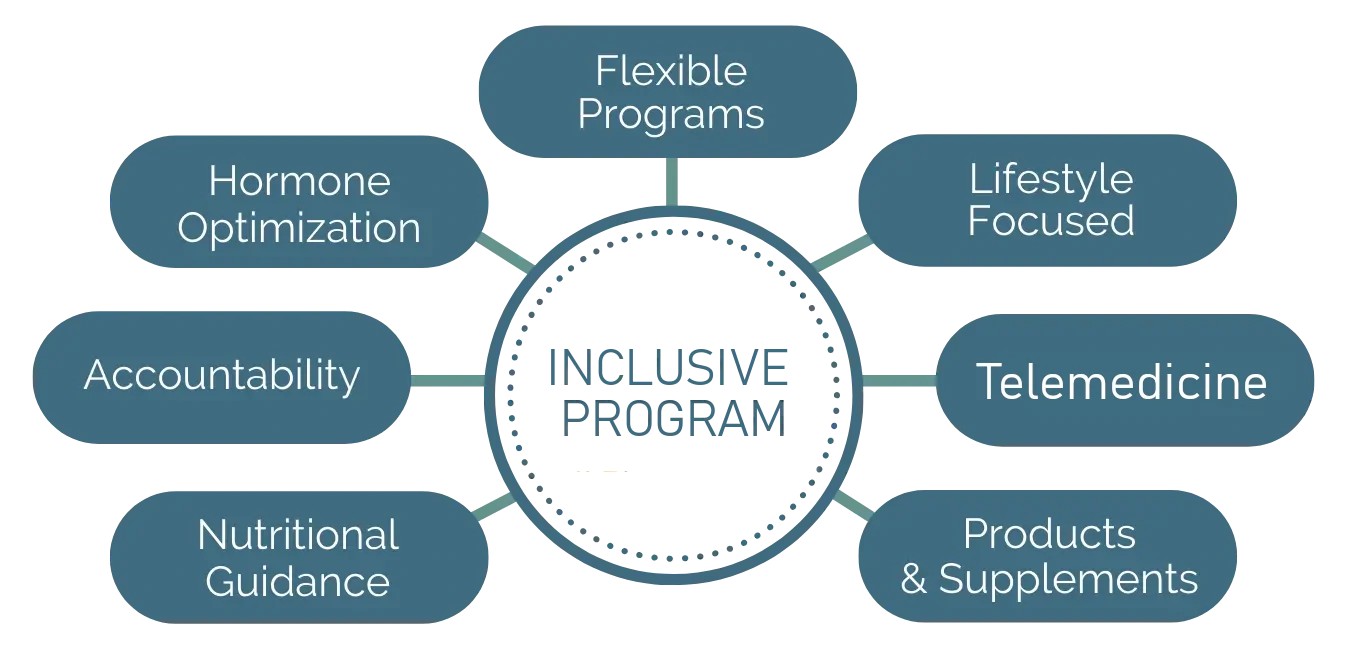

Polycystic Ovary Syndrome (PCOS) is a common hormonal disorder that affects individuals during their reproductive years. It can cause irregular menstrual cycles, prolonged periods, and an excess of androgens—hormones typically associated with male traits.
In PCOS, multiple small fluid-filled sacs (cysts) form along the outer edge of the ovaries. These cysts contain immature eggs that fail to develop and be released regularly, which can interfere with ovulation.
While the exact cause of PCOS remains unclear, early diagnosis and proper management—such as lifestyle changes and medical treatment—can help reduce the risk of complications like type 2 diabetes and heart disease.
PCOS symptoms often appear around the time of the first menstrual cycle, though some individuals may develop noticeable signs later in life. The condition is typically diagnosed if at least two of the following symptoms are present:
Polycystic Ovary Syndrome (PCOS) is a complex hormonal condition that affects millions of women—often going undiagnosed for years. At Chicago Concierge Weight Loss Clinic and Chicago Center for Anti-Aging, we believe in getting to the root of your symptoms with a comprehensive, physician-supervised approach. Blood testing plays a crucial role in diagnosing and managing PCOS effectively.
No single test can confirm PCOS. Diagnosis is typically based on:
Our expert team provides a tailored diagnostic experience, considering your complete medical picture—not just lab values.
Yes, it’s possible to have PCOS and not have any symptoms. Many people don’t even realize they have the condition until they have trouble getting pregnant or are gaining weight for unknown reasons. It’s also possible to have mild PCOS, where the symptoms aren’t severe enough for you to notice.
While there isn’t a cure for PCOS, your healthcare provider can help you manage your symptoms. The effects of PCOS may change over time so that you become less aware of the condition. However, there isn’t a treatment that permanently cures it.
The hormone changes you experience during menopause often resolve the symptoms of PCOS. It doesn’t matter how old you are — if your symptoms affect your quality of life, talk to your healthcare provider.
Yes, you can get pregnant if you have PCOS. PCOS can make it hard to conceive while also increasing your risk for certain pregnancy complications, but many people with PCOS do get pregnant on their own. Your healthcare provider will work with you to develop a treatment plan to help you ovulate. Your treatment plan could include medication or assisted reproductive technologies like in vitro fertilization (IVF).
Talk to your healthcare provider to make sure you understand your treatment plan and how you can increase your chances of a healthy pregnancy.
If you’re experiencing irregular periods, difficulty getting pregnant, or signs of increased androgens—such as excessive hair growth, acne, or hair thinning—it’s important to speak with a healthcare provider. Early intervention can help manage symptoms and reduce potential health risks associated with PCOS.